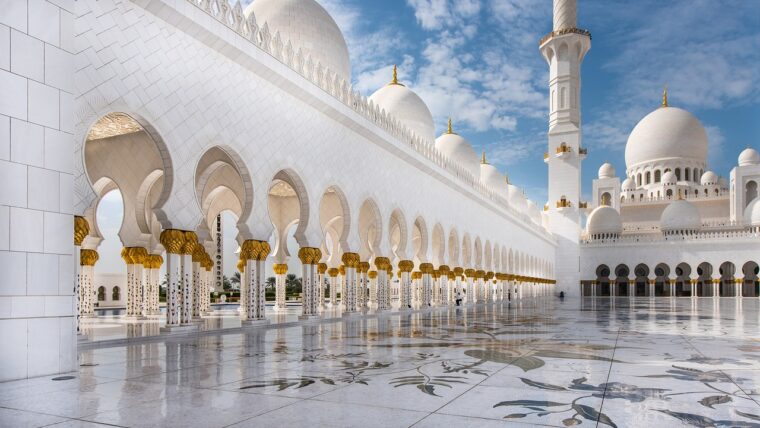Mosques have a lot of good qualities and benefits. The mosque is the most beloved place by Allah. To maintain a connection with Allah, s.w.t. will schedule time for prayer.


Mosques have a lot of good qualities and benefits. The mosque is the most beloved place by Allah. To maintain a connection with Allah, s.w.t. will schedule time for prayer.

Prophet Muhammad (ﷺ) is making it clear to them that returning to that old lifestyle of disbelief is just like being thrown into the fire because that is the actual consequence in the afterlife for those who disbelieve. Similarly, a Muslim who goes back to a lifestyle of sin and disobedience after having repented is like he threw himself/herself into the fire.

Islam sees women as having the same rights as males, but with different responsibilities and obligations. When a woman is born into an Islamic household, she assumes the position of the family’s daughter. Women in Islam are the key to paradise even if they do not have the must-earn need to lead the household. Quran declares their mothers endured hardships while carrying them and giving birth to them.

We can better understand the relevance of mental health in Islam if we can identify anxiety and depression in Islam. People may find comfort and support inside their religion by integrating Islamic spirituality, advancing mental health awareness, and getting professional assistance. Islamic principles, such as faith in Allah, prayer, seeking knowledge, and community support, encourage an all-encompassing strategy for handling mental health issues. To guarantee that people within the Muslim community have access to the services and assistance required for their mental well-being, it is imperative to keep developing communication and understanding.